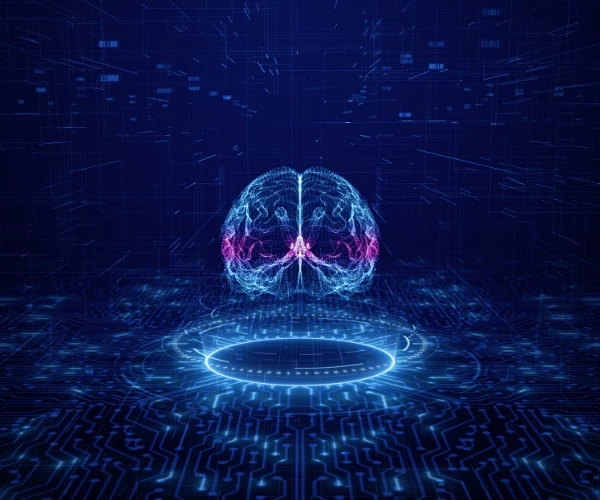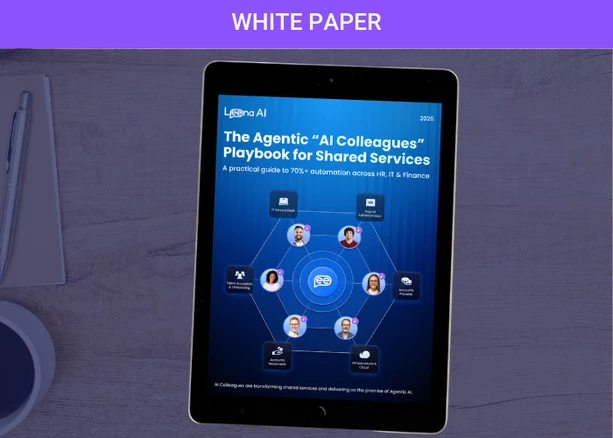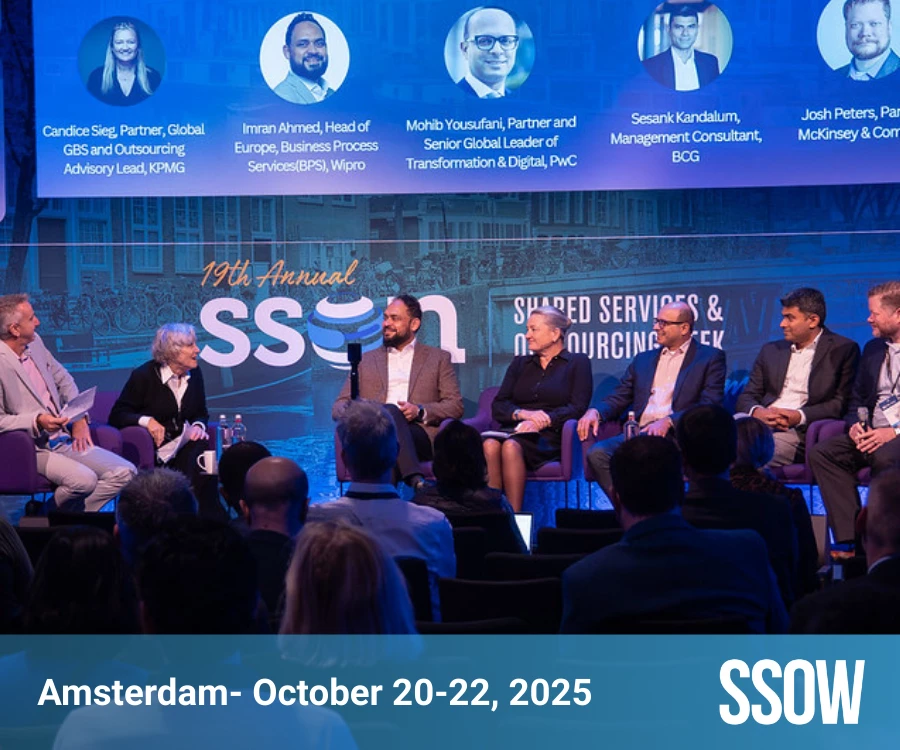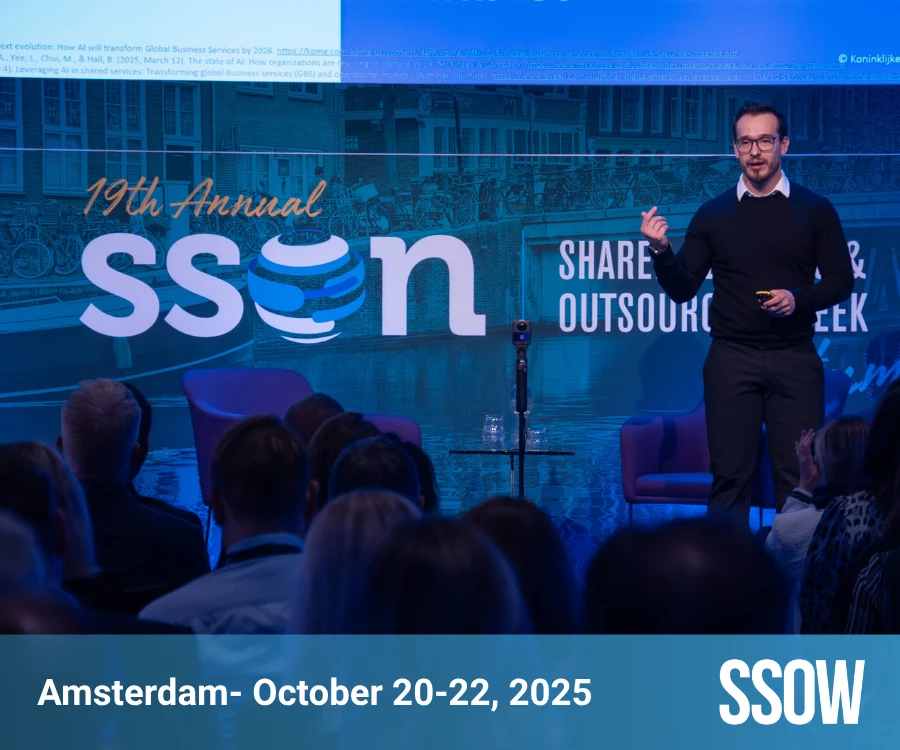The Generative AI Revolution in Global Business Services - Part 1: The Intelligence Revolution
Add bookmark
The Generative AI Revolution in Global Business Services - Part 1: The Intelligence Revolution
The Global Business Services (GBS) industry stands at an inflection point. After decades of evolution from basic cost arbitrage to sophisticated shared services, we are witnessing the emergence of what industry leaders are calling GBS 3.0 – a fundamental transformation powered by Generative Artificial Intelligence. This revolution promises to reshape not just how services are delivered, but the very nature of work, sourcing strategies, and competitive advantage in the global economy.
The Evolution of Global Business Services
To understand the magnitude of this transformation, we must first appreciate the journey of GBS. The first wave (GBS 1.0) focused primarily on labor cost arbitrage, moving routine processes to lower-cost locations. The second wave (GBS 2.0) introduced standardization, automation through robotic process automation (RPA), and centers of excellence that delivered both cost savings and quality improvements.
Now, GBS 3.0 represents a paradigm shift. Rather than simply automating existing processes, Generative AI is fundamentally reimagining how business services can be conceived, designed, and delivered. We are moving from a world where humans perform tasks with technology assistance to one where AI performs complex work with human oversight and strategic guidance.
The Intelligence Triad: Framework for GBS 3.0
Through my observations and analysis of the evolving GBS landscape, I have identified a crucial realisation which is becoming my own personal framework for action: the future isn't about artificial intelligence in isolation. Instead, it's about harnessing the powerful interplay of what I call the Intelligence Triad:
Human Intelligence represents our innate ability to understand context, navigate complexity, and apply judgment in ambiguous situations. This encompasses emotional intelligence, creative problem-solving, ethical reasoning, and the capacity to understand nuanced business relationships and cultural dynamics that remain beyond AI's current capabilities.
Process Intelligence embodies the deep understanding of how work flows, how value is created, and how business processes interconnect across organizational boundaries. This includes knowledge of regulatory requirements, industry best practices, risk management frameworks, and the intricate dependencies that make business operations successful.
Artificial Intelligence provides the technological capability to amplify and augment both human and process intelligence, offering unprecedented speed, scale, and analytical power while learning and adapting from every interaction.
From my own experience and observation, I have discovered that the magic happens at the intersection of these three forms of intelligence. Human intelligence provides wisdom and judgment, process intelligence ensures alignment with business objectives and operational realities, and artificial intelligence delivers execution at scale with continuous learning and improvement.
Organizations that successfully orchestrate this Intelligence Triad create what I term "Amplified Intelligence" - a synergistic combination that achieves outcomes impossible with any single form of intelligence alone. This represents the true competitive advantage in GBS 3.0.
Process Transformation: Beyond Automation
Generative AI is revolutionizing business processes in ways that extend far beyond traditional automation. While RPA could handle rule-based, repetitive tasks, GenAI can understand context, generate original content, and make nuanced decisions that previously required human judgment.
In finance and accounting, AI is now capable of generating complete financial narratives, conducting sophisticated variance analyses, and producing audit-ready documentation. What once required teams of analysts can now be accomplished in minutes, with AI not just processing data but providing insights, recommendations, and even strategic options for decision-makers.
Human resources processes are experiencing similar transformation. AI systems can now conduct initial candidate screenings through natural language conversations, generate personalized employee development plans, and create comprehensive policy documents tailored to specific organizational contexts. The technology moves beyond keyword matching to understand intent, context, and nuanced requirements.
Customer service operations are witnessing perhaps the most dramatic evolution. Advanced AI agents can handle complex, multi-turn conversations, understand emotional context, and resolve issues that previously required escalation to human specialists. These systems learn from each interaction, continuously improving their ability to serve customers while maintaining the empathy and understanding that defines excellent service.
Procurement and supply chain functions are leveraging AI to generate sophisticated supplier assessments, create detailed request-for-proposal documents, and conduct market analysis that would have required extensive research teams. The technology can synthesize vast amounts of market intelligence, regulatory information, and performance data to provide actionable recommendations.
The Human Element in an Intelligence-Driven World
Rather than being displaced, I see human professionals in GBS 3.0 becoming intelligence orchestrators, responsible for harmonizing the Intelligence Triad to achieve optimal business outcomes. Their roles evolve from task executors to strategic conductors who understand how to blend human insight, process knowledge, and AI capabilities.
I believe the most valuable professionals are those who can effectively navigate all three dimensions of my Intelligence Triad. They understand not just how to work with AI systems, but how to apply human wisdom to process design and how to ensure that technological capabilities serve broader business and human objectives.
Training and development programs are being redesigned around what I call Intelligence Triad competencies - developing professionals who can effectively orchestrate human insight, process expertise, and AI capabilities while maintaining the domain knowledge and relationship skills that create lasting value for clients.
Looking Ahead
This Intelligence Revolution in GBS represents just the beginning of a fundamental transformation. In next week's article, I'll explore how technology alone isn't sufficient for sustainable success, and introduce my Virtuoso Dynamic Model (VDM) framework along with revolutionary new collaboration models that I believe will reshape the industry structure itself.
The organizations that understand and begin implementing the Intelligence Triad today will be best positioned to lead the transformation that's reshaping Global Business Services. The question isn't whether this change is coming – it's whether your organization is ready to orchestrate the intelligence that will define competitive advantage in the digital economy.
Continue your Digital Transformation journey...
True transformation isn’t about tools - it’s about connection. The Digital Transformation Program at the 30th Annual Shared Services & Outsourcing Week conference (March 16–19, 2026, Orlando, FL) shows how AI, data, and automation are powering the next generation of shared services.
Learn More

































